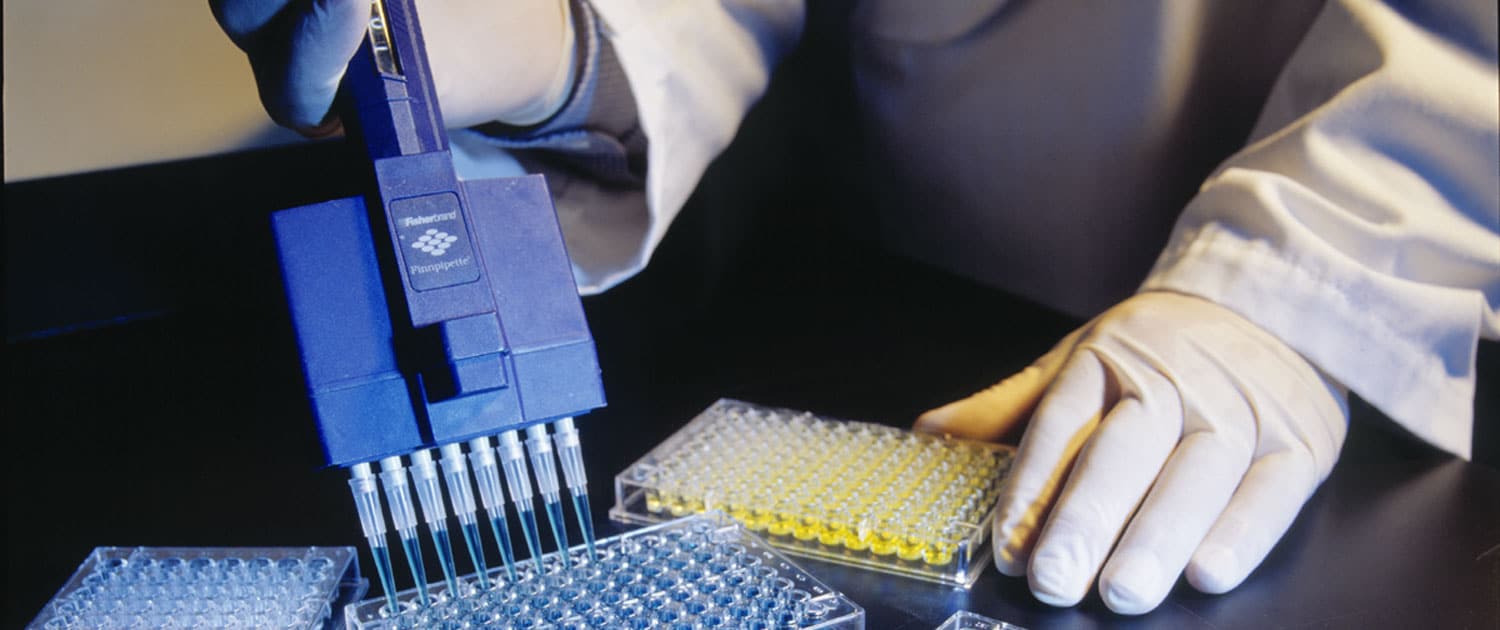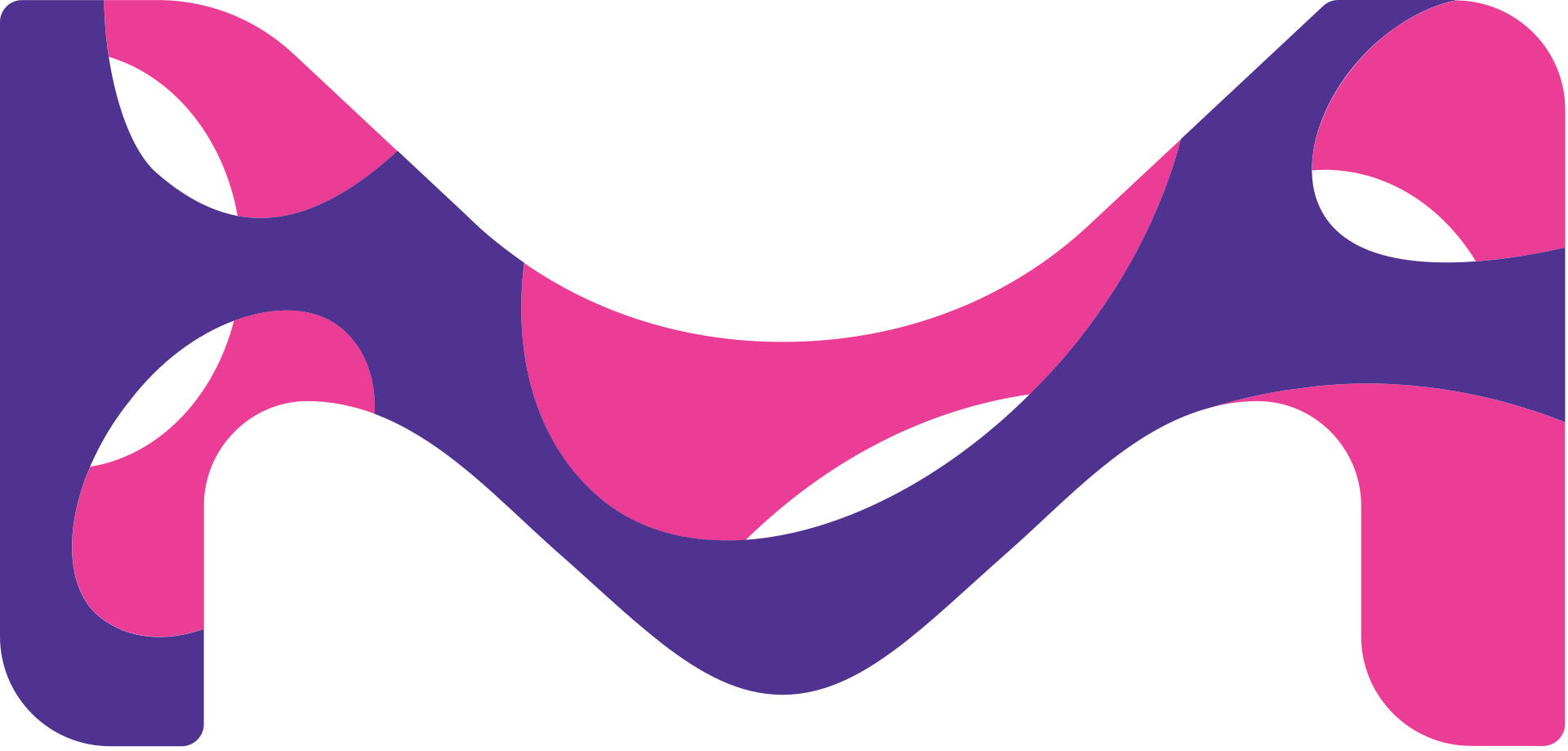Adeno-associated viral (AAV) vectors and lentiviral vectors are essential for delivery of genetic material into target cells for production of cell and gene therapies. As the opportunities to improve patient outcomes using these therapies rapidly expands, more efficient methods for upstream viral vector production are needed. Historic approaches for vector production relied on adherent cell cultures that could be scaled out but not up, and media formations that were not optimized and typically supplemented with fetal bovine serum. The result was limited cell growth, low viral vector productivity, and the possible introduction of adventitious agents. These methods also come up short in terms of process economics and scalability when expanding to larger patient populations.
Alternatively, purpose-built solutions enable robust suspension culture systems that deliver significant benefits for upstream viral vector production processes including the:
- Production of significantly higher doses per batch.
- Use of chemically defined animal component-free medium which reduces safety risks and overall process variability.
- Ability to scale up culture vessels, not just scale out.
- Reduction in costs and use of processes that are less labor intensive.
Explore the components of a cell suspension culture system for production of AAV and lentiviral vectors and how this approach offers a robust alternative to adherent culture systems.








